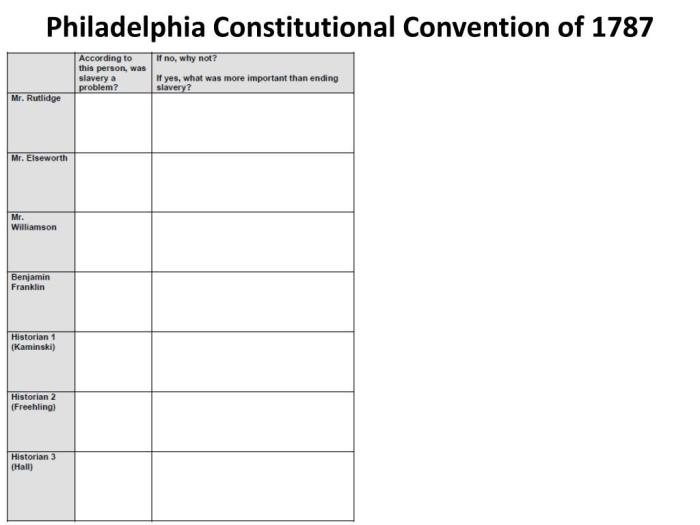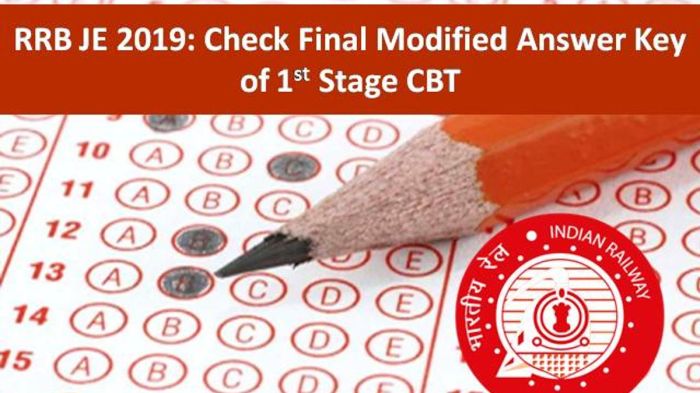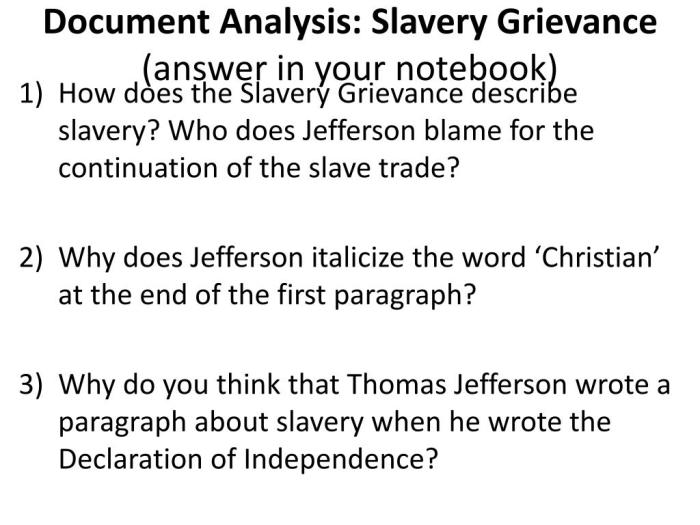The Slavery Grievance Modified Answer Key takes center stage as we embark on an enlightening journey into the historical and contemporary implications of this pivotal movement. This meticulously crafted work unveils the key figures, organizations, and processes that shaped the fight against slavery, leaving an enduring legacy that continues to resonate today.
Delving into the historical context, we trace the root causes and motivations that fueled the grievance movement, exploring the challenges and limitations faced in addressing slavery’s atrocities. We then shift our focus to the key figures and organizations that spearheaded this struggle, highlighting their invaluable contributions and the impact they had on the movement’s progress.
1. Historical Context of Slavery Grievance: Slavery Grievance Modified Answer Key

Slavery, a system of forced labor that deprived individuals of their freedom and basic human rights, has a long and painful history. The slavery grievance movement emerged as a response to the injustices and atrocities inflicted upon enslaved people. The root causes of slavery grievances lie in the economic, social, and political systems that perpetuated the exploitation and oppression of enslaved individuals.
The movement gained momentum in the 18th and 19th centuries, particularly in the Americas and Europe. Key events, such as the abolitionist movement, slave revolts, and the Civil War in the United States, played a significant role in shaping the grievance movement and the eventual emancipation of enslaved people.
2. Key Figures and Organizations

The slavery grievance movement was spearheaded by numerous influential figures and organizations. These individuals and groups dedicated their lives to fighting against the horrors of slavery and advocating for the rights of enslaved people.
Frederick Douglass
Frederick Douglass was an escaped slave who became a prominent abolitionist, orator, and author. He played a crucial role in raising awareness about the realities of slavery and the plight of enslaved people.
Harriet Tubman
Harriet Tubman, also known as the “Moses of her people,” was a fearless conductor on the Underground Railroad, helping hundreds of enslaved people escape to freedom.
William Wilberforce
William Wilberforce was a British politician and philanthropist who led the campaign to abolish the slave trade in the British Empire.
American Anti-Slavery Society, Slavery grievance modified answer key
The American Anti-Slavery Society, founded in 1833, was a prominent organization dedicated to the abolition of slavery in the United States.
3. Grievance Processes and Legal Frameworks

As the slavery grievance movement gained momentum, various grievance processes and legal frameworks were established to address the injustices faced by enslaved people.
In the United States, the Emancipation Proclamation issued by President Abraham Lincoln in 1863 freed enslaved people in Confederate-held territories. The Thirteenth Amendment to the Constitution, ratified in 1865, abolished slavery throughout the United States.
Other countries also implemented legal frameworks to address slavery grievances. In 1807, the British Parliament passed the Abolition of the Slave Trade Act, prohibiting the slave trade within the British Empire.
Despite these legal advancements, challenges and limitations remained in implementing and enforcing grievance mechanisms. Enslaved people often faced resistance and retaliation from slave owners, and legal systems were sometimes biased against them.
Commonly Asked Questions
What is the significance of the Slavery Grievance Modified Answer Key?
The Slavery Grievance Modified Answer Key provides a comprehensive overview of the historical context, key figures, legal frameworks, and contemporary implications of the slavery grievance movement, offering valuable insights into the fight for social justice.
How does the grievance movement relate to present-day efforts to address inequality?
The lessons and experiences of the slavery grievance movement can inform contemporary efforts to address systemic racism and inequality, providing valuable insights into effective strategies and the importance of collective action.